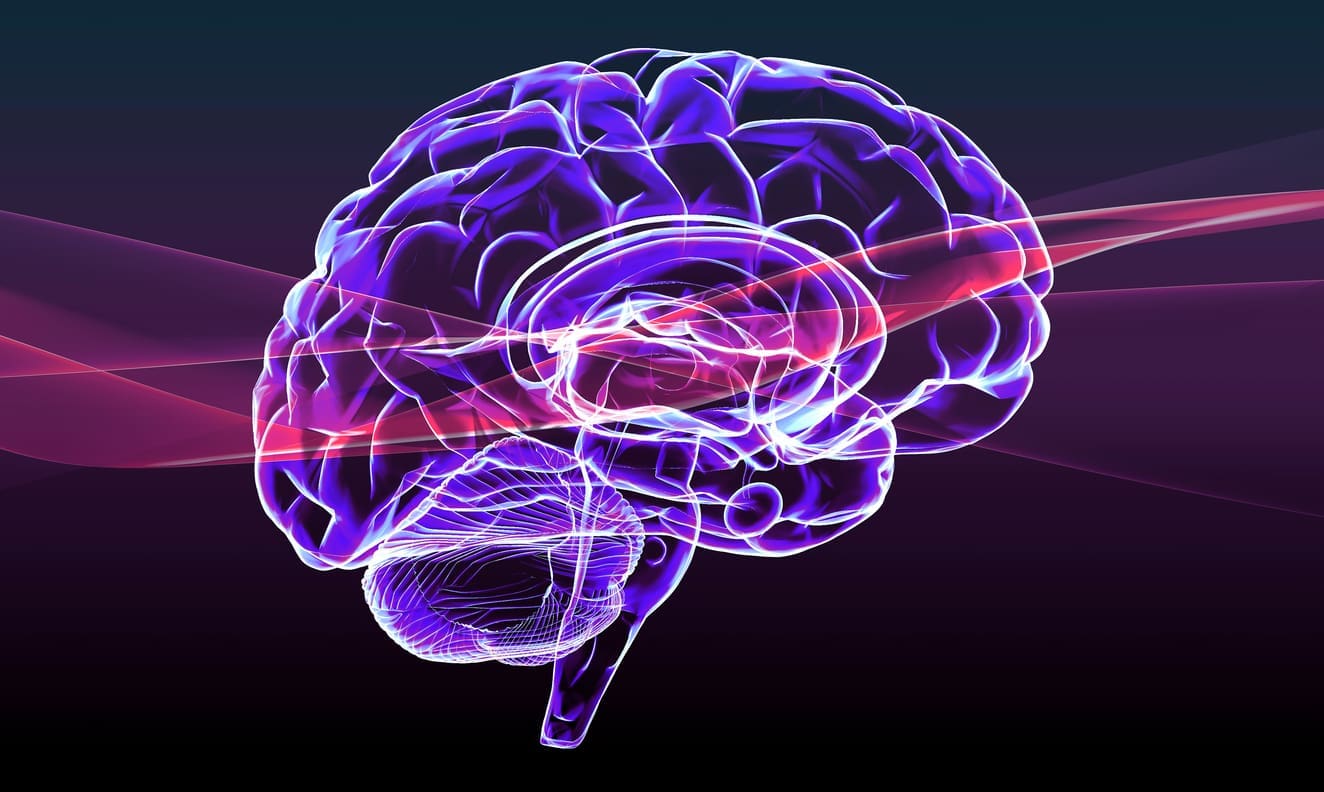Major depressive disorder (MDD) is a leading cause of disability worldwide, affecting millions of people each year. While antidepressant medications and psychotherapy are the primary treatments, approximately one-third of patients do not respond adequately, leading to a condition known as treatment-resistant Depression (TRD).
To address this, researchers have explored repetitive transcranial magnetic stimulation (TMS) as an alternative, non-invasive brain stimulation technique. A more recent variation, intermittent theta burst stimulation (iTBS), has been designed to deliver stimulation in a shorter timeframe while maintaining effectiveness.
A recent retrospective study, “Four Weeks Standard vs. One Week Accelerated Intermittent Theta Burst Stimulation for the Treatment of Depression—A Retrospective Analysis,” investigates whether a more intensive, one-week protocol of iTBS is as effective as the traditional four-week regimen. If proven effective, this accelerated approach could significantly reduce treatment duration, offering faster symptom relief for patients with Depression.
What is Intermittent Theta Burst Stimulation (iTBS)?
iTBS is a specialized form of TMS that mimics the brain’s natural theta rhythms, which are linked to learning and neural plasticity. Unlike conventional TMS, which applies a steady stream of magnetic pulses over a longer session, iTBS delivers bursts of three pulses at 50 Hz, repeated every 200 milliseconds, making it faster and more efficient.
- Traditional TMS sessions last about 20-37.5 minutes per session.
- iTBS sessions last only 3-5 minutes but provide similar therapeutic effects.
iTBS specifically targets the left dorsolateral prefrontal cortex (DLPFC)—a brain region involved in mood regulation. Dysfunction in this area is strongly linked to depressive symptoms, and stimulating it can help restore normal brain activity patterns.
Study Design: Comparing Standard vs. Accelerated iTBS
The study analyzed retrospective patient data to compare two different iTBS treatment schedules:
1. Standard iTBS Protocol
- Duration: 4 weeks
- Frequency: 1 session per day, 5 days per week
- Total Sessions: 20
2. Accelerated iTBS Protocol
- Duration: 1 week
- Frequency: Multiple sessions per day (usually 5 per day)
- Total Sessions: 20 (same as the standard protocol)
By delivering the same total number of sessions in a much shorter timeframe, researchers aimed to determine whether accelerated treatment could provide comparable results in a fraction of the time.
Results: Key Findings of the Study
1. Symptom Improvement Was Similar in Both Groups
The study found no significant difference in symptom reduction between the standard and accelerated iTBS protocols. Both groups showed clinically meaningful improvement in depressive symptoms, supporting the effectiveness of iTBS regardless of treatment duration.
2. Faster Relief in the Accelerated Protocol
Patients in the accelerated group experienced more rapid symptom reduction, suggesting that condensing the treatment into one week may lead to quicker improvements in mood and functioning.
3. Treatment Was Well-Tolerated
- No major safety concerns were reported in either group.
- Occasional mild side effects included scalp discomfort, headaches, and temporary fatigue, but these were consistent with prior research on iTBS.
4. Potential for Improved Accessibility
Because the accelerated protocol reduces treatment time from four weeks to one, it may benefit:
- Patients who cannot commit to long-term treatment due to work, family, or travel constraints.
- Patients experiencing severe Depression, as they may require faster symptom relief to prevent hospitalization or worsening symptoms.
Why This Matters: Potential Benefits of Accelerated iTBS
1. Faster Treatment Completion
With the accelerated schedule, patients can complete treatment in just one week instead of a 4-8 weeks, making it more convenient and efficient.
2. Increased Patient Compliance
Shorter treatment durations may lead to higher completion rates, as patients are less likely to drop out due to scheduling conflicts or frustration with slow progress.
3. Expanding Access to Care
For individuals living in rural or underserved areas, making multiple trips to a treatment center over four weeks can be a barrier. The one-week option could make iTBS more accessible to a wider population.
Limitations of the Study
While the results are promising, there are some limitations:
- Retrospective Nature – Since the study was based on analyzing past patient data, it lacks the rigorous controls of a randomized clinical trial.
- Long-Term Efficacy Unknown – While accelerated treatment shows rapid improvements, it is unclear whether the benefits last as long as the standard treatment.
- Patient Variability – Individual differences, such as treatment history, Depression severity, and neurobiological factors, may influence how well a person responds to accelerated treatment.
Future randomized controlled trials (RCTs) will be necessary to confirm these findings and explore which patients may benefit most from accelerated iTBS.
Conclusion: A Promising Step Toward Faster Depression Treatment
This study adds to a growing body of evidence supporting iTBS as a viable and effective alternative to traditional Depression treatments. The findings suggest that a one-week accelerated protocol may offer the same benefits as the standard approach, potentially transforming how we treat Depression in clinical settings.
If future research confirms these results, accelerated iTBS could become a new standard of care, providing patients with faster relief, greater convenience, and increased accessibility to treatment.
What’s Next?
For patients and clinicians, these findings highlight the need for further exploration of accelerated neuromodulation treatments. As new studies emerge, we may see even more innovations in non-invasive brain stimulation, paving the way for more efficient and personalized approaches to mental health care.
There are many options for the treatment of Depression, and research is ongoing to develop new approaches. The use of an accelerated TMS protocol, which was explored in this recent study, are among the treatments provided by Mid City TMS for Depression, in addition to standard TMS and antidepressant medications. To determine what approach is best for your specific situation, contact Mid City TMS today.
Source:
- Dragon, K., Janthur, C., Hebel, T., Abdelnaim, M. A., Reißmann, A., Langguth, B., & Schecklmann, M. (2024). Four weeks standard vs. one week accelerated intermittent theta burst stimulation for the treatment of depression – A retrospective analysis. Behavioural Brain Research, 459, 115361. https://www.sciencedirect.com/science/article/pii/S0166432824005175?via%3Dihub



